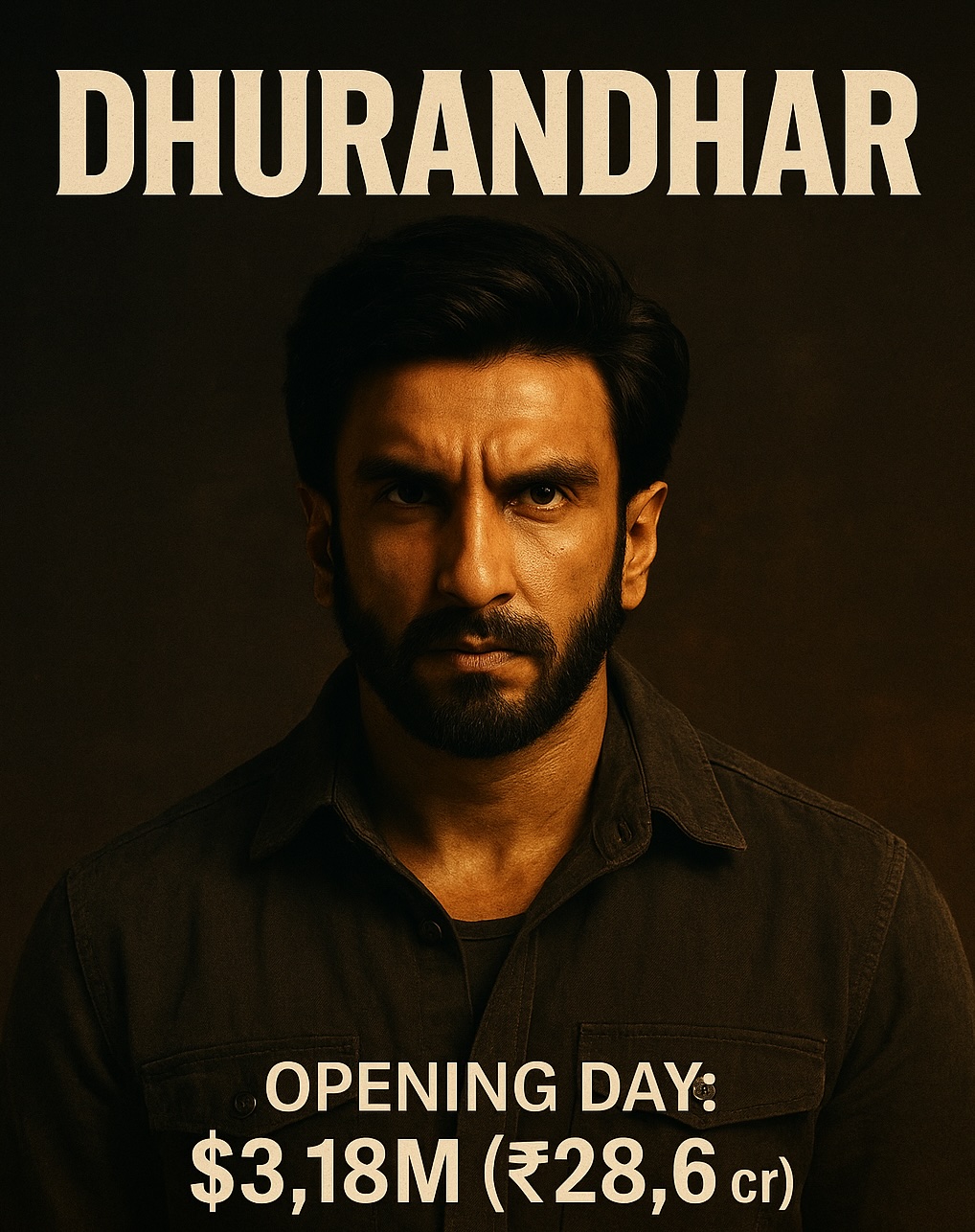Film: Summer 2007
Banner: Atul Productions, Adlabs Films Ltd
Producer: Atul Pandey
Director: Suhail Tatari
Cast: Sikander Kher, Gul Panag, Ashutosh Rana, Sachin Khedekar, Divya Dutta
Rateing: 2.5/5
Summer 2007 boldly goes where most films fear to. It does not necessarily mean it does a great job of it but the fact that it tries is laudable enough.
Patriotic films, those who have nothing to do with yesteryears’ martyr heroes but ARE about today’s socio-political scenarios, are tough subjects to pull off. The brilliant Rang De Basanti or the sub-average Halla Bol in recent times are good examples. And for movies that deal with problems of the urban educated milieu who are extremely tough to get interested.
Summer 2007 goes all out through the lives of five urban, affluent, educated youth to sensitize audiences about the plight of farmer suicides that have been plaguing India like a viral disease since 1997. The effort, concept and the attempt deserves respect.
The film tells a tale of five urban youngsters, medical interns whose lives revolve around the regular girls, fun, love, money, booze, dope routine. Whose problems extend as far as trying to find the right lay or love. For whom everything can be bought by flashing greenbacks and for whom basically life is uncomplicated because it is not committed.
Except for one of them. Vishakha (Gul Panag) who, despite her wealth, is socially aware and sensitized. The leader of the brat-pack is Rahul, (Sikander Kher) who in his brashness takes on a challenge against the local student leader and finds himself enmeshed in dirty student politics.
He plays a mini-game of his own and takes the escape route in the mandatory rural project prescribed by their medical course. They land in a small village, planning to bribe the official there and take off to Goa for an extended holiday soon. But slowly get involved in a fight that doesn’t begin with them but becomes theirs as they proceed.
The movie is in the genre of Rang De Basanti with its theme of care-free (couldn’t-care-less?) students attaining a precocious maturity and taking up arms against the system to bring about a social change. Dedicated to the Indian farmer, a still large majority of the Indian population, it attempts to sensitize audiences to their plight and even tries to recruit in their fight.
The film, as specific as it is, is also symbolic in its universality. In as much as it highlights the farmer’s suicides it has a larger significance of motivating consciences of the upper classes to the problems of the lower echelons of the society. Prakash, the student leader at the Kasturba Medical College had a similar fight and faces a similar apathy from Sikander and his friends. This microcosmic event is extrapolated in larger events later in the film that are as hard-hitting to the five friends as it is to the audience.
But this schematic relationship works to the benefit of the script and is very convincing as it charts the growth of the youngsters in a credible style. The screenplay to that extent gives a mature look to the mindsets of the youth and the reality of the situations on ground zero. It employs some shocking and desperate incidents to drive the point of the latter home overdoing some of the harshness in the bargain. The end is undeniably gory and unaccounted for, but maybe the trajectory would not have been complete otherwise.
Suhail Tatari extracts commendable performances from his lead cast which impresses in their individual capacity from shades of goofy to arrogant to meek to romantic to confident to harassed and the works. A more celebrated casting would have added value and credibility to the already uphill task of engaging uninterested consciences to a cause that is but a small news item in the daily papers.
The film is not earth-shaking or self-revelatory. Nor is it extremely well-done in terms of its core issue and the individual problems surrounding it. It sacrifices depth for drama and reduces the affected to representatives. It takes those who fight for the oppressed to unbelievably heroic heights and the black and white distinction between good and evil reduces its core strength of being close to reality. Despite all, it stirs a chord with its sincerity and hence deserves a watch, even if one doesn’t buy it completely at the end. It deserves to be heard.




